Part of the problem solving process is actually recognizing problems. I often observe in wonder as groups continue bumping into the same problem (a problem I see) without resolution. Some would say they have not been able to 'name' it and then work to get through it (or around it). And this is often the essence of team building, to figure this stuff out together.
After some recent reflection about identifying problems (especially working with middle school ages) I came up with an idea to encourage some problem identification. Every Other Group Juggle has become one of my tools. It's easy to set up and most groups have the skills to experience some level of success to keep them motivated to continue getting better.
Activity Objective: Complete three tossing rounds in a row without any drops.
Needs & Numbers: Plays well (so far) with 12 to 24 people, middle school ages and older. And an odd number of participants adds a little more challenge (so, you can jump in on an even group to make it odd). You'll need a safe tossable item for every two people, plus one extra (when numbers are odd). I like to use the 'stress' (squishy) tossables. Tennis balls work well too. (I found plastic 'pit ball' tossables don't travel well in the wind - another problem to solve if needed.)
Process: The set up for this one is like traditional Group Juggle (Rohnke, Silver Bullets - the link is to a video with the basic idea and a toss-n-run version I really like). Circle up your group. Use one tossable to create a tossing pattern (nice underhand tosses). Everyone catches and tosses one time. The last person tosses to the first person who started the pattern. And tosses cannot be made to someone to a person's immediate left or right. NOTE: If you are new to Group Juggle, setting up this tossing pattern can take a while. (If you want to learn a fast way to set up the pattern, for the sake of time, see Group Juggle Set Up)
Once the tossing pattern has been created and practiced several times (until everyone remembers who they toss to), give every other person a tossable. If you are working with an odd number of people, the last person will also receive a tossable - essentially, three people in a row will have a tossable. Then I inform group members that they must remain in this circle configuration - people may not rearrange themselves - for the duration of the challenge.
Here's where I introduce some 'anticipatory' problem solving. I tell my group every person with a tossable will be tossing to the same person they tossed to when creating the pattern. I will be calling, "1 ,2, 3, Toss. On the word toss, all tossables must be tossed. The goal is to catch all the tossables in play - that means zero drops. Ultimately, making three tosses in a row without any drops."
But before this happens, I ask everyone to point to the person they are tossing to. I ask if they see any potential problems ahead. (The one that is always foreseen: Some people will have to toss AND catch during the round.) Once they identify a potential problem (or problems), I ask them what they want to do about it. This is where some planning, and even some practice, can strengthen the odds of zero drops. (NOTE: It usually takes a few rounds to figure this out, but since they cannot rearrange themselves, for the best odds, tossable objects are moved to players who will not have to toss and then catch in the same round. If there is an odd number of people a group can get down to only two people who will need to toss and catch. So, who will be willing to take the risk?)
If the group determines that the 'odd' number of people is a problem, find out what they want to do about it. You could offer to step in, or step out of the group to make it even.
It is clear that I am encouraging some problem solving before problems occur - the anticipated problem may not even happen. But I see it as a skill set that could be used as a planning tool. It's a way to 'future forecast' so to speak. And I also challenge my groups to try out a plan sooner than later so they can collect some data on how it worked. They don't need to solve all the problems before they try something.
When the group is ready and willing to try out their plan, we go for it to see how it worked - was there any drops. If so, we focus on identifying one or two problems they can work on and make a plan that can lead to better results. Then try again. I encourage my groups to identify one, maybe two, problems. Work to solve them and then, when needed, identify the next problem to solve - continuing this process until they achieve the goal of the task.
When they do succeed - zero drops - they can make another tossing attempt towards their three no-drop rounds. If a drop occurs on the next attempt, I encourage them to identify the problem(s), plan a way to solve it/them and go again. The overall idea is to identify what problem they have and plan out a strategy to solve it - one problem at a time.
(If you would like to teach a clean step-by-step process to problem solving, there is the A, B, C, D, E method: A - agree on the problem you want to solve; B - brainstorm ideas to solve it; C - choose one of the ideas; D - do the idea, collect data; E - evaluate what was done, did the problem get solved. If not, choose another idea to try, do it and evaluate again. Go through this process until the problem is solved.)
Chris Cavert, Ed.D.
Group Juggle Set Up (2012)
Double Group Juggle (2014)
Zig Zag Group Juggle Variation (2015)
Group Juggle Variations (2020)

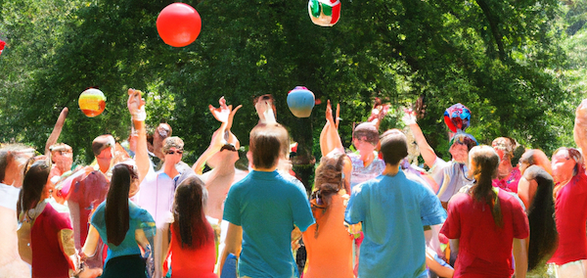
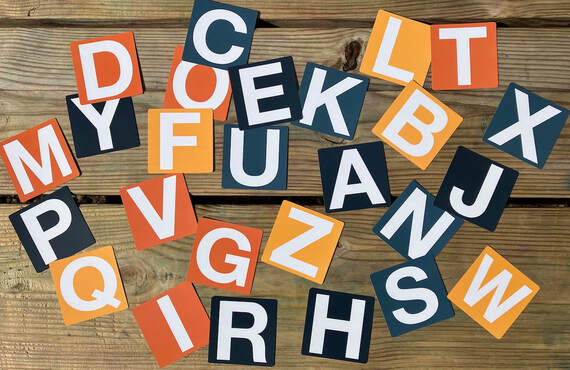
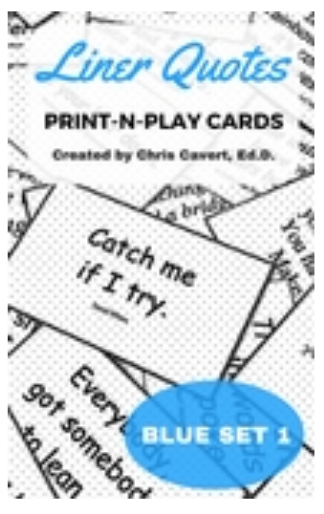
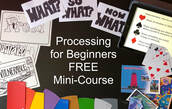
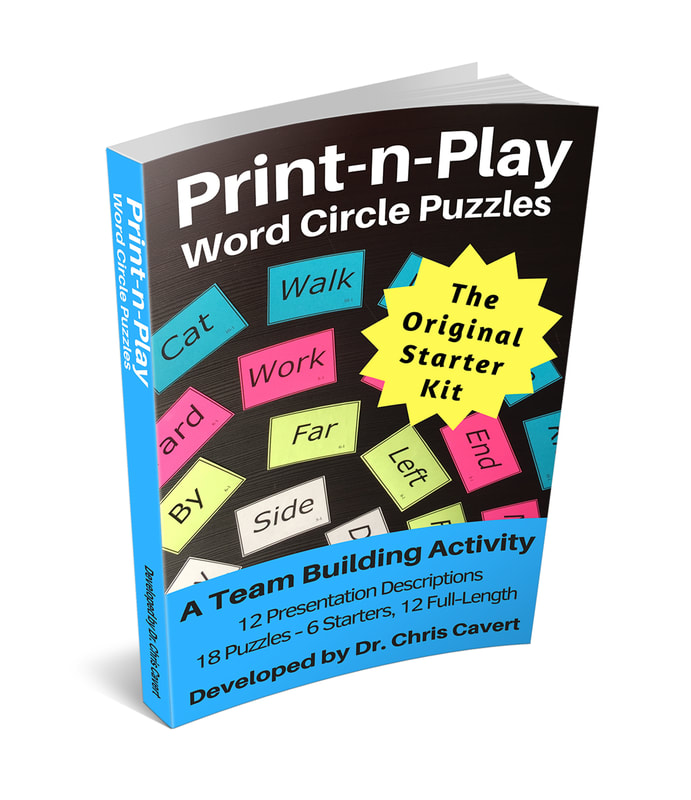
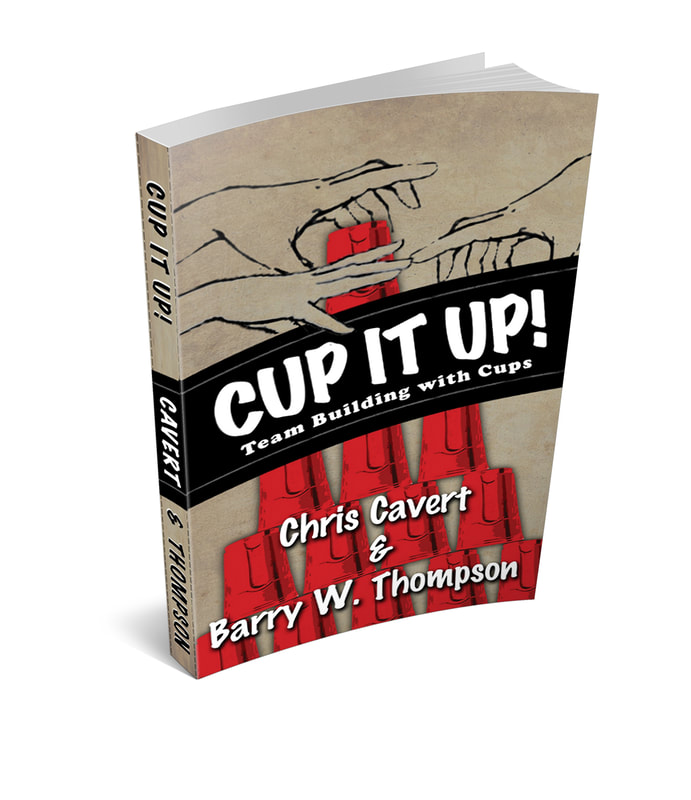
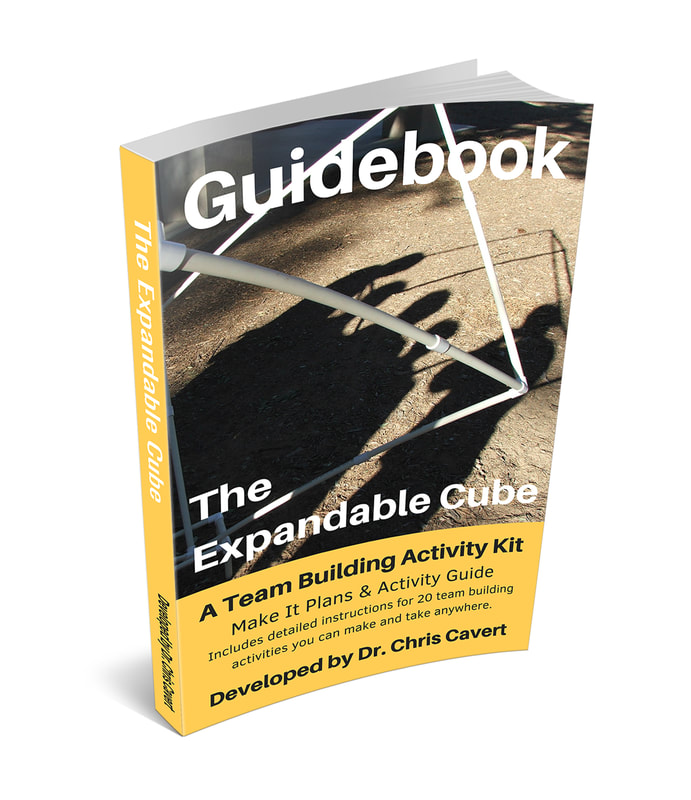
 RSS Feed
RSS Feed